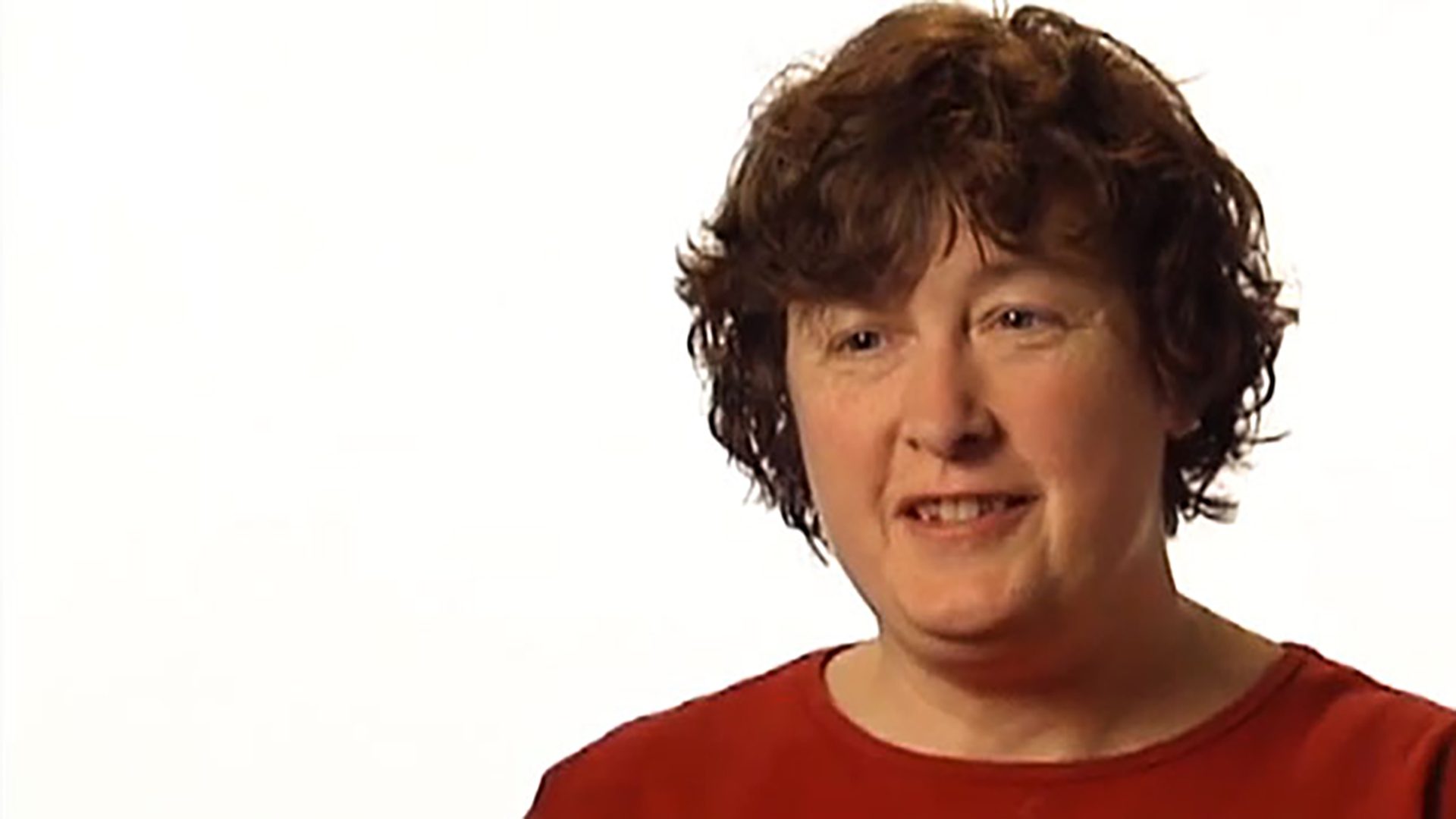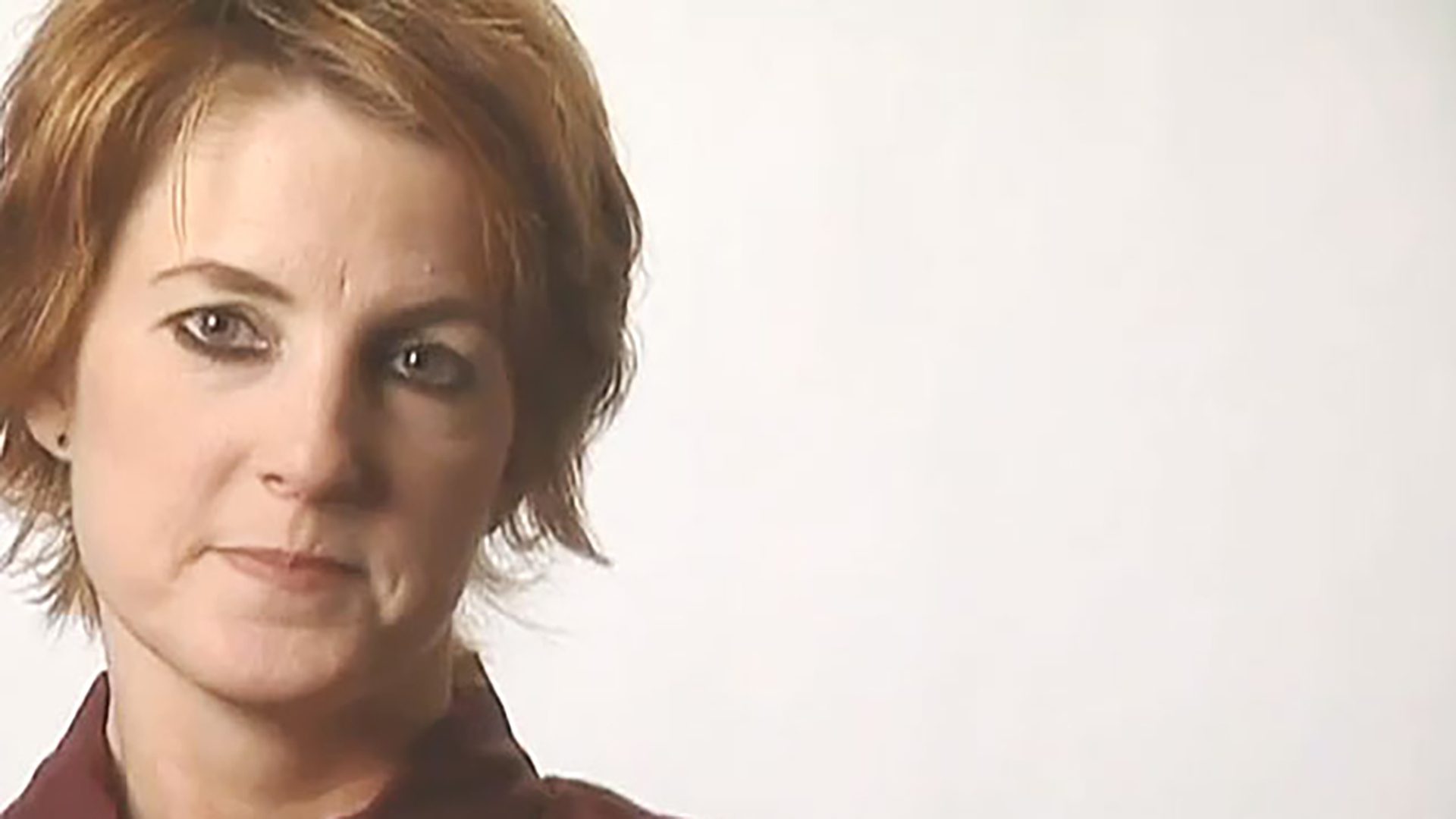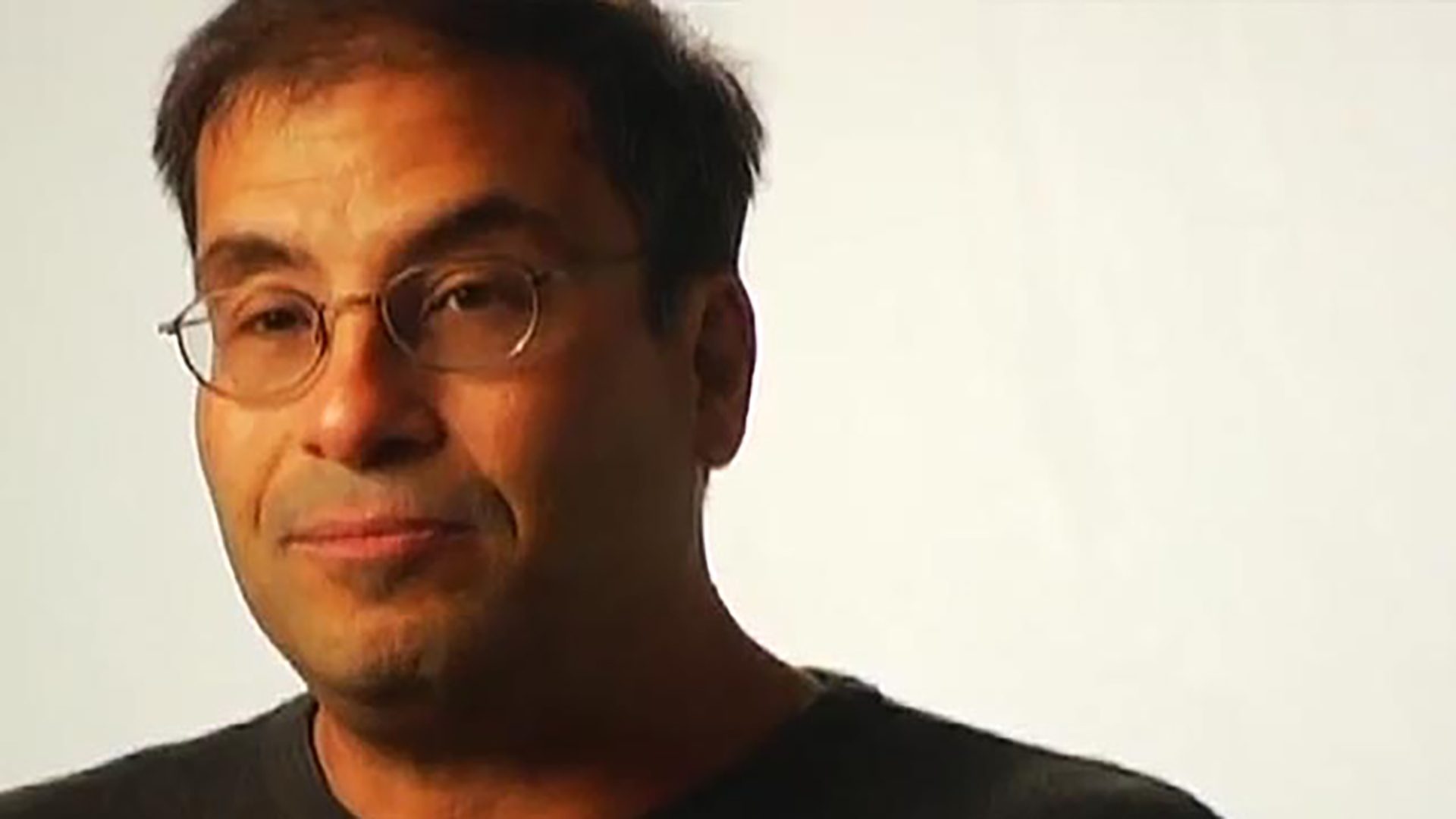Survivor Interview – Beth P.
Beth is a breast cancer survivor. She talks about meeting other survivors, finding emotional support, and managing the aftereffects of cancer treatment.

I became a survivor in 2001 when I was diagnosed with breast cancer.
I found a lump in my breast doing self-examination. I went to my doctor, and it was all very straightforward. I went for the mammogram and needle biopsy. It was malignant.
I had surgery, chemo and radiation. I found the lump in March, and I finished radiation the next January. That was my cancer journey, and it was pretty straightforward to me. Chemo was a pain. I had some troubles with nausea, which they were able to alleviate. Radiation was inconvenient because it made me tired, but it was all worth it to get rid of the cancer. Since then, all of my checkups have been good.
The long-term side effects were a surprise when I finished treatment. I was happy to be done with everything. I was ready to go on with my life, as if nothing had ever happened. I got handed this list of instructions that said, among other things, “Don’t ever lift more than five or ten pounds with your left arm and avoid repetitive motions.” I just hit the roof, because when I turned 50, which was the same year that I was diagnosed, I decided it was time to get in shape. I’d never felt really fit in my whole life. I started working out. I was awful about upper body strength, so I’d about doubled what I could bench press. I was looking forward to getting back to that. Then all of sudden, I got hit with this out of left field, as far as I was concerned. I went back to my oncologist and said, “I can’t live with this.” And she said, “Actually, these suggestions are all just guesses, because it’s not based on any solid research.” The idea is trying to prevent lymphedema, which is swelling in your arm on the affected side. It’s not reversible, and it can be pretty bad. So my oncologist said, “If you’re under the supervision of a physical therapist, then you can do more than this.” That started me looking around for someone who would say it was okay to use my arm and to get back into fitness.
I go rowing every week and one week I skipped. As it happened, that week, I got a little bit of swelling in my arm, which the therapist in the rowing program said, “That’s lymphedema.” I felt really rotten about it, but I went to a great physical therapist and got a compression sleeve to wear when I row. That’s been good. It really hasn’t gotten worse. That was about a year ago that I developed it, and I’ve kept on rowing.
I did some networking and the people at the resource room at the cancer center were really helpful. I found out about this amazing rowing program that was just getting started. The Head of the Charles Regatta is this huge rowing event in Boston, and I’d heard that they’d had a breast cancer boat. When I was diagnosed, I thought jokingly, “Now I’m eligible to row with the Row As One team.” I didn’t think it would ever really happen. It was so great.
Our coach, Holly Metcalf, is an Olympic gold medalist, a great woman and real inspiration. I was one of the original three women in the program, and I got rowing very fast, partly because I recruited some of my survivor friends who loved it also. One woman said when she finished treatment, she was really depressed. I dragged her along to that. She wasn’t depressed after her first session. A good aspect of the program is we do have a physical therapist. One of our coaches, who is a rower, is also a physical therapist and monitors us for things like lymphedema, strength and flexibility. We have a good exercise, strength building and stretching program. So we build our strength at our own pace. There’s something wonderful that happens with the teamwork of rowing. In this case, it’s like all the other women have also been through what I’ve been through and it’s just great. It makes it feel okay to be a survivor, and not only just okay, but I feel strong emotionally and physically. I feel optimistic. I have gotten a lot stronger physically. I never thought I’d be able to do a pushup, and now I can, and wall sits and a lot more flexibility. I feel positive about my experience. We really care about each other in a way that goes beyond just rowing together. In fact, in the midst of planning one of our parties, we love to get together, talk with each other and bond. I was in my first race last fall, and it just about killed me, but I loved it. I’m going on my second race in a couple of weeks, and I’m really excited. I can’t wait for it.
The Women Enduring Cancer Row Program is going national. So other survivors in other parts of the country may be able to have the wonderful experience that I’ve had. Currently, there’s a We Can Row Program in Lansing, Michigan, that’s our first one, after the Boston original. There are 13 more cities around the country who want We Can Row Programs. So we are working on getting the funding together for that. I’m looking forward to it. It’s a wonderful program.
I’m doing a lot more exercise than I used to. I’m aerobically more fit. I work out at the gym. A friend of mine has an Erg, which is a rowing machine, so I go over to her house a couple of times a week and work out there. I didn’t realize it before I started rowing, but rowing is a whole-body exercise, because you use your legs probably more than your arms. It’s aerobically very challenging, too, so it’s a great all-around sport.
I was angry when I got handed that list of don’ts, the lymphedema protection plan, saying that I shouldn’t lift more than five or ten pounds and should avoid repetitive motions. That was not the lifestyle I wanted. Another aspect of the rowing program, and something that encouraged me to get into it, was it was being done in association with Dana-Farber. There’s a doctor named Carolyn Kaelin, who is doing the research that was missing about exercise and lymphedema. So that made me feel better about getting into the rowing program, too.
I am a part of the research program. They hope to find out the effects of upper body exercise on women who’ve had breast cancer surgery, which involves getting your lymph nodes taken out. In my case, I had radiation, too, which makes you more at risk for lymphedema. I get measured from time to time to see how I’m doing, and this is going to answer one of the big questions about whether women who’ve had breast cancer really need to restrict their exercise or whether they can go ahead the way I have. I feel honored to be a part of a study like this. I feel great that I’m going to be able to help women who come after me, and men who come after me, because men get breast cancer too. I think about what I felt when I was advised to take it easy, and I hope that in the future, breast cancer survivors won’t have to go through that.
My life partner, Bill, was just great. He said, “No matter what happens, no matter what kind of surgery you have, you’ll always be attractive to me.” Before my surgery, he went to Victoria’s Secret and bought me some little surprises, which made me feel that I would be attractive. Bill has been good about things, continuing to say that the scar didn’t make any difference to him. He knew how I felt when I got that ’take it easy’ recommendation. He encourages me in the fitness. He notices that I’m getting more fit, which he thinks is great and compliments me on it. He understands how important rowing is to me now.
When you survive something, that’s good. It means you’ve done something that makes you stronger, maybe something that makes you more optimistic, maybe even happier with your life. I never expected to die, but I realize that some people do die. There’s been cancer in my family. I thought about how many of these great medical people had been working hard to make sure that I would live, and that made my life more precious to me. I’ve met people who’ve survived other things, like a man who survived being lost in the woods. I helped rescue him. So I connect this kind of survivorship with other kinds of survivorship.
My name is Beth Parkhurst. I’m 53 years old, and I’m a three-year breast cancer survivor.

